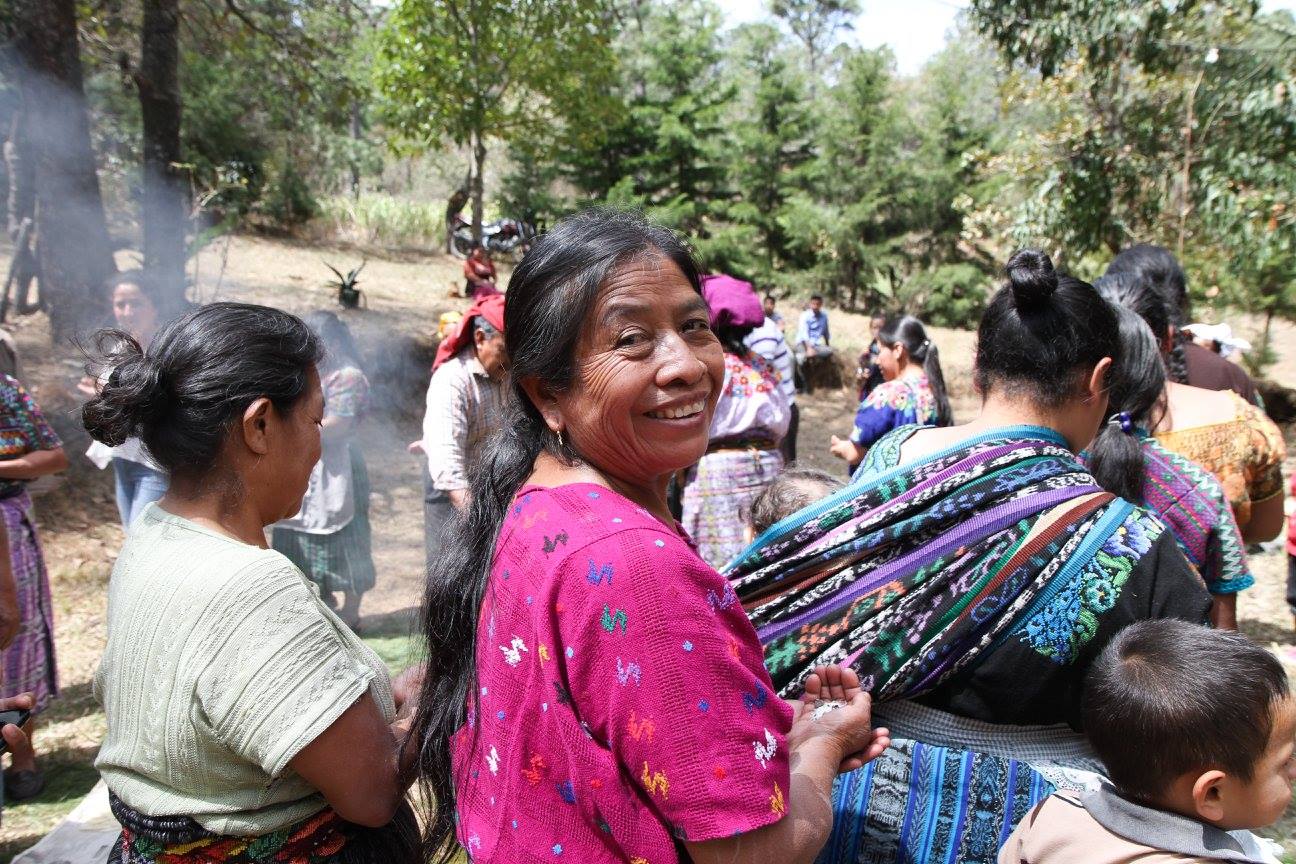Changing towards Utz’ K’aslemal
by Milvian Aspuac, August 2015
When AFEDES was founded in 1988, chronic malnutrition in women and children were primary concerns, along with the exclusion of women and lack of educational opportunities.
Later, we realized the importance of promoting women’s rights, which we saw continually violated at all levels. We saw a necessity for us as women to recuperate our self-esteem, know our rights, and end the violence committed against us. Thus we began to work towards our freedom and autonomy. At the same time, we launched various economic ventures through loans and savings along with technical and entrepreneurial training for women.
As the years passed and we continued to empower ourselves and know our rights, we saw that the problems we were facing were of a structural nature, having to do with patriarchy, capitalism, and colonialism. While our actions to abolish patriarchy were clear, we had a contradictory and incoherent relationship with our economic ventures. We were still working within the principles of capitalism and we saw little economic benefit for the women we supported.
In 2006, we decided that our trainings should not only address self-esteem, gender and political participation, but rather they should transcend towards a process of political and ideological formation that allows us to analyze the roots of a problem, not just the effects.
As a result, at the end of 2006 and 2007, we decided to take a brake from AFEDES in order to analyze and reflect on our actions, both personally and as an institution. We realized that as women, we do not feed ourselves well. What we produced was only to sell and we did not think about our families’ consumption. We became sick often. Conventional agricultural practices contaminated our environment, and they continue to do so. We realized that we live in a world in which money is the most important and that women’s work is not valued.
In the face of these problems, we decided to act in coherence with our new thoughts and political proposals, which had to do with marching towards a “new economy” (or rather reclaiming and recuperating the ancestral practices of our grandparents, now called “food sovereignty”). We planted all of this in our strategic plan for 2007 through 2012. Immediately, we decided to work towards organic agriculture accompanied by training in economic solidarity, and later feminist economics in the form of challenging the division of labor by gender. Even later, we began to talk about economic alternatives of resistance and different ways of generating income.
We discussed the importance of redirecting the loan program towards projects that helped women find their own economic autonomy, being careful not to follow the logic of capitalism. However, this change caused many women to leave our association for other lending programs who offered credit to women without any further commitments. This decision to shift our focus also increased the problem of women not paying back their loans. We did not take the appropriate measures or design a transition strategy, for which AFEDES paid a high cost on both organizational and financial levels.
In 2007 we decided to strengthen the identity of AFEDES from a perspective of race, but it was not until 2014 that we positioned ourselves as an organization of Kaqchikel women. We have been working for many years to evolve our philosophy through lived experience, analysis, and reflection.
Our aspiration is Utz’ K’aslemal, which means a life of abundance and happiness. Over 500 years ago, this was interrupted by the imposition of a Western culture that arrived to erase our knowledge, history and science, thus provoking a great imbalance in the network of life. In the Mayan worldview, women hold a special importance because we are intimately connected with life, nature, and the cosmos. This is a distinct perspective from which we view the world.
Today, we reclaim our identity and our history as Mayan women and we know that our process is nothing new, but rather the recuperation of our ancestral principles and practices, based in a profound love of life.

